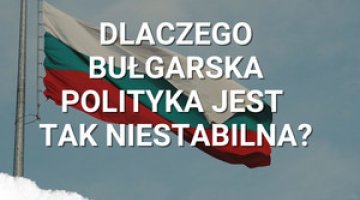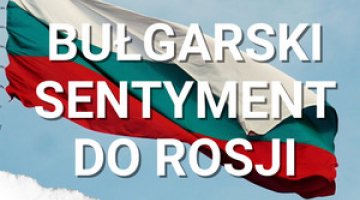Presidential government in Bulgaria: a provisional stabilisation
On 12 March Bulgarian President Rosen Plevneliev signed a decree on the dissolution of parliament and the holding of a snap parliamentary election on 12 May. On that same day he formed a provisional government which will govern the country until a new government is established. Marin Raikov, a professional diplomat, ambassador to Paris and former deputy foreign minister, was appointed prime minister and foreign minister.Other ministers in the Raikov government are not well-known experts, officials and members of the presidential administration. According to what the government announced, its priority will not only be to effectively organise the election, but also to tackle burning social issues which have sparked the largest demonstrations in Bulgaria since the mid-1990s. In response to a wave of protests the centre-right government led by Boyko Borisov resigned on 20 February.
Commentary
- The provisional government may play an important role in the political strategy of the centre-right camp and that of President Rosen Plevneliev who is linked with it. It will enable the Citizens for European Development of Bulgaria party (GERB) led by Borisov to focus on the election campaign during which he will be drawing attention to his achievements and will attack the left wing by pointing to corruption scandals from the period when the socialists was in power. Along with this GERB will try to play down the confidence that society has in the expert government and the president whose position has been strengthened during the crisis. This strategy at present appears to be bearing fruit: the majority of society has a positive opinion of the new prime minister, the president is leading the ranking of the most popular politicians and GERB has not recorded substantial numbers of voters defecting to other parties. GERB is polling similar to the opposition Bulgarian Socialist Party with a support level of approximately 20%, which gives the party a chance to return to power after the May election.
- Prime Minister Raikov will make an attempt to solve ongoing social problems and to ease frustrations, but he will not be able to push through changes to economic and social policies. The provisional government has limited competences with regard to changing laws which have financial implications. The government will therefore focus on building an atmosphere of dialogue with society, preparing the new law regarding the regulatory office and initiating anti-monopoly audit in the fuel and electricity sectors. Nor should it be ruled out that there will be attempts to stigmatise foreign energy companies (e.g. withdrawing their licenses or imposing large fines) and to tighten the regulations of the energy sector.
- It can currently be observed that social protests are dying down. A decrease in the costs of electricity bills has contributed to this. This was the result of an urgent 7% decrease in regulated energy prices and also of the decomposition of the Bulgarian protest movement. The monthly wave of demonstrations has brought about a series of initiatives but none of them has developed to be strong enough in order to capitalise on social discontent and transform it into electoral success. Nor have the protests lead to increased support for the socialists. There has been a slight increase in support for extreme right-wing and pro-Russia circles but the protest movement is too diverse to be used for the purposes of the election campaign of one of the parties or to propose a separate list for the election. Representatives of civil society and consumer organisations are dominant in the movement and they have distanced themselves from the political parties and are demanding that the election system be changed to a “first past the postsystem”and that the scope of direct democracy be extended.




